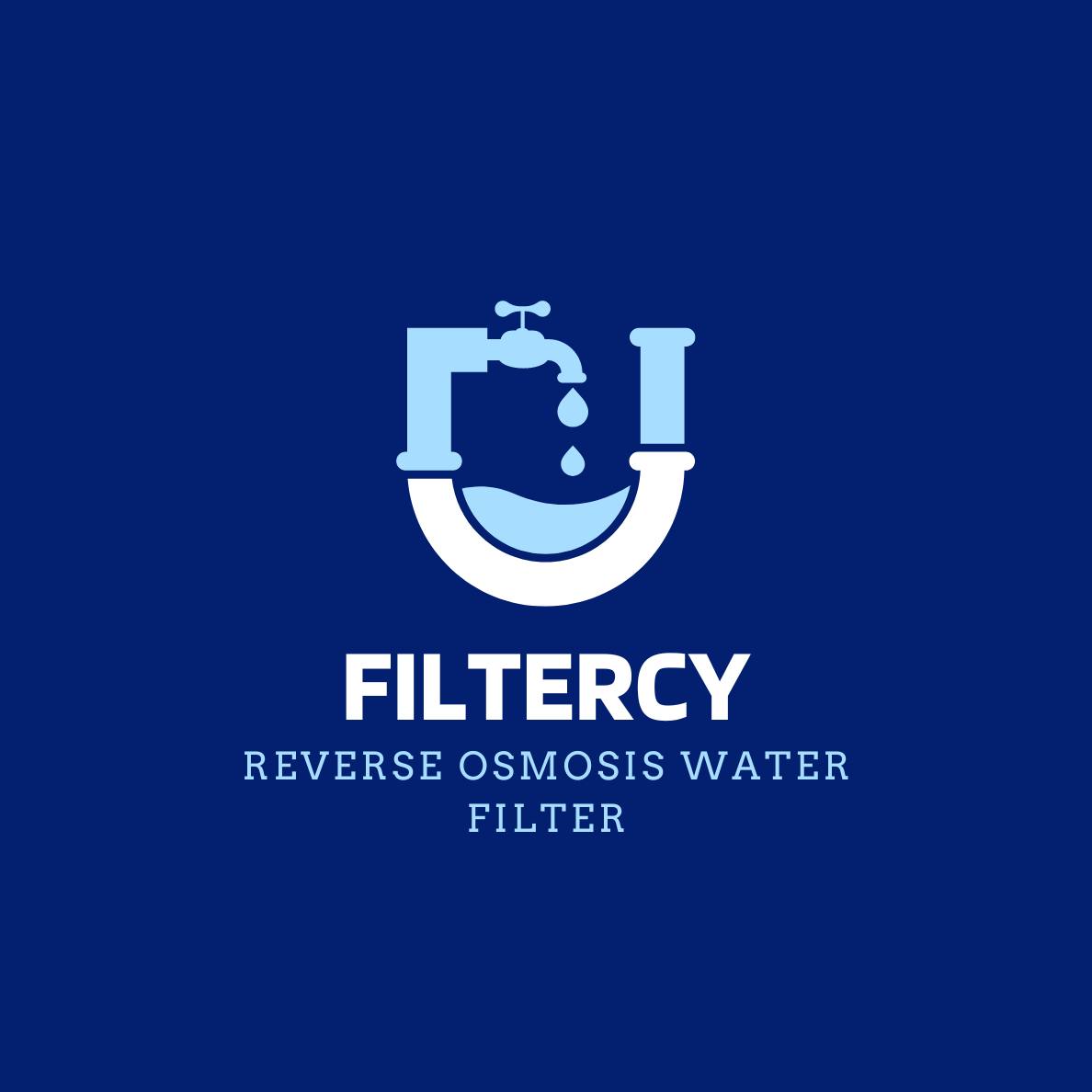
Thank you for your interest in our company!
Fill the form and we will contact you as soon as possible
You agree to our Data privacy

Can You Drink Tap Water in Cyprus?
When considering water safety in Cyprus, a common question is whether the tap water is safe to drink. Cyprus, like many other Mediterranean countries, has invested significantly in ensuring the safety and quality of its drinking water. Nonetheless, understanding the nuances of water quality and its potential effects is crucial for making an informed decision.
Regulatory Standards and Testing
Cyprus adheres to the European Union Drinking Water Directive, which enforces strict regulations on the quality of drinking water. Municipalities conduct regular and comprehensive testing, focusing on key quality parameters like bacteria levels, heavy metals, chlorine, and nitrates. Limassol, being a major urban center, benefits from modern water treatment facilities designed to comply with these high standards.
Factors Affecting Tap Water Quality
Despite compliance with regulations, there are a few key factors that might influence the choice to drink tap water in Cyprus:
- High Mineral Content. The geology of Cyprus results in naturally high levels of minerals such as calcium and magnesium in the water. These minerals contribute to water hardness, which can lead to a slightly distinctive taste and the formation of limescale in plumbing and appliances. While these minerals are not harmful to health, they can affect the overall water experience.
- Chlorination. To ensure microbial safety, tap water in Cyprus often contains chlorine. While necessary, the presence of chlorine can impact the taste and smell of the water, which some individuals find less appealing. This chlorination process is essential for maintaining safety, but it might deter people from drinking tap water directly.
- Potential Presence of Bacteria and Viruses. Despite rigorous testing, there remains a minor risk of bacterial or viral contamination, particularly in areas with older infrastructure or during periods of heavy rainfall, which can impact water quality. Although the water supply is treated, occasional incidents of microbial contamination highlight the importance of further water purification at home.
| | Keep your family safe from the germs and bacteria lurking in tap water. Start enjoying clean, delicious water today! You agree to our Data privacy |
Reverse Osmosis: The Most Effective Solution for Water Purification
Given the factors affecting water quality, many people in Cyprus choose to use home filtration systems to enhance safety and taste. Among the various options available, reverse osmosis stands out as the most effective method for drinking water purification. This technology utilizes a semi-permeable membrane to remove a wide range of contaminants, including heavy metals, bacteria, viruses, and excess minerals.
Reverse osmosis systems not only improve taste and clarity but also provide additional peace of mind by ensuring the water is free from harmful microorganisms and impurities. This makes it a popular choice for those seeking high-quality drinking water at home.
Reverse osmosis systems not only improve taste and clarity but also provide additional peace of mind by ensuring the water is free from harmful microorganisms and impurities. This makes it a popular choice for those seeking high-quality drinking water at home.
Conclusion
Tap water in Cyprus meets the required safety standards and is officially considered safe to drink. However, due to the mineral content, chlorine, and the potential for bacterial or viral contamination, many opt for additional water purification. Installing a reverse osmosis system is an effective way to ensure high-quality drinking water by removing a wide range of contaminants.
For more details about tap water quality in Limassol, visit this comprehensive guide.
For more details about tap water quality in Limassol, visit this comprehensive guide.

